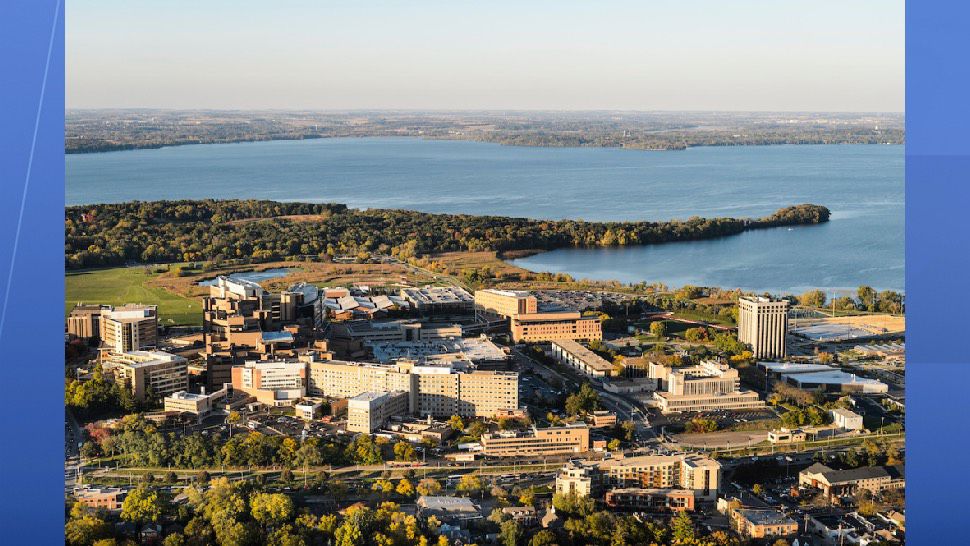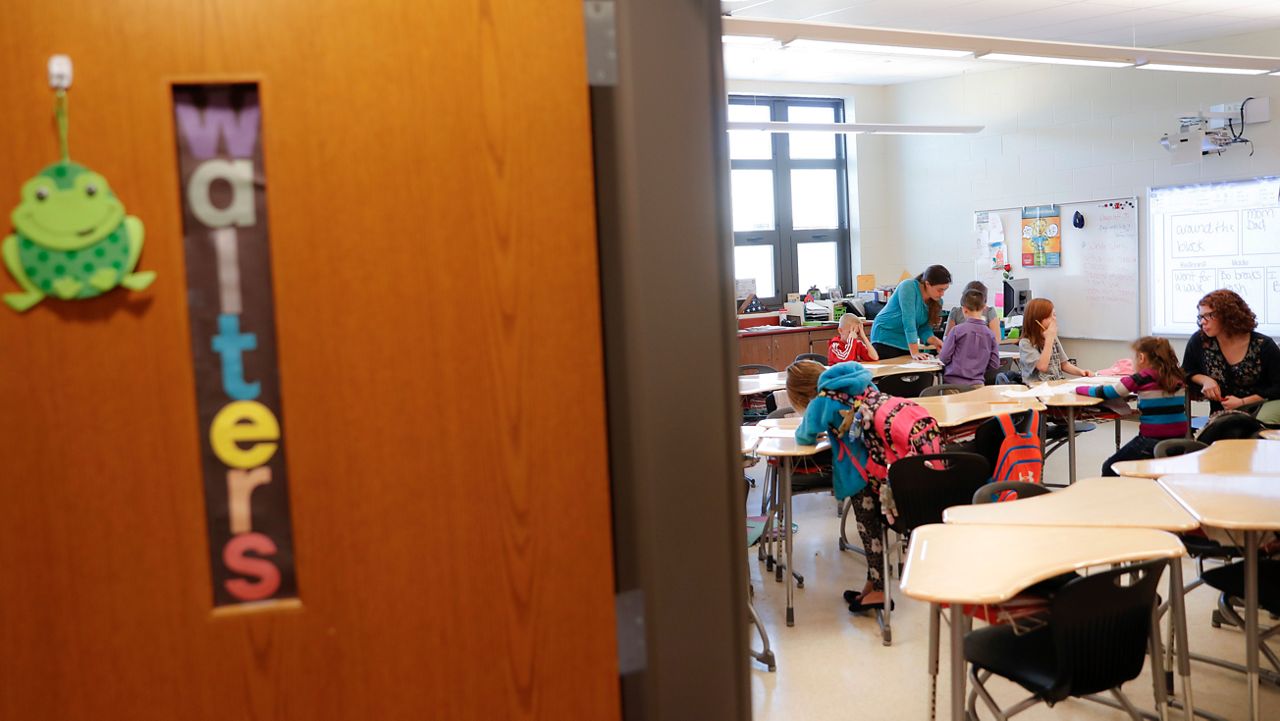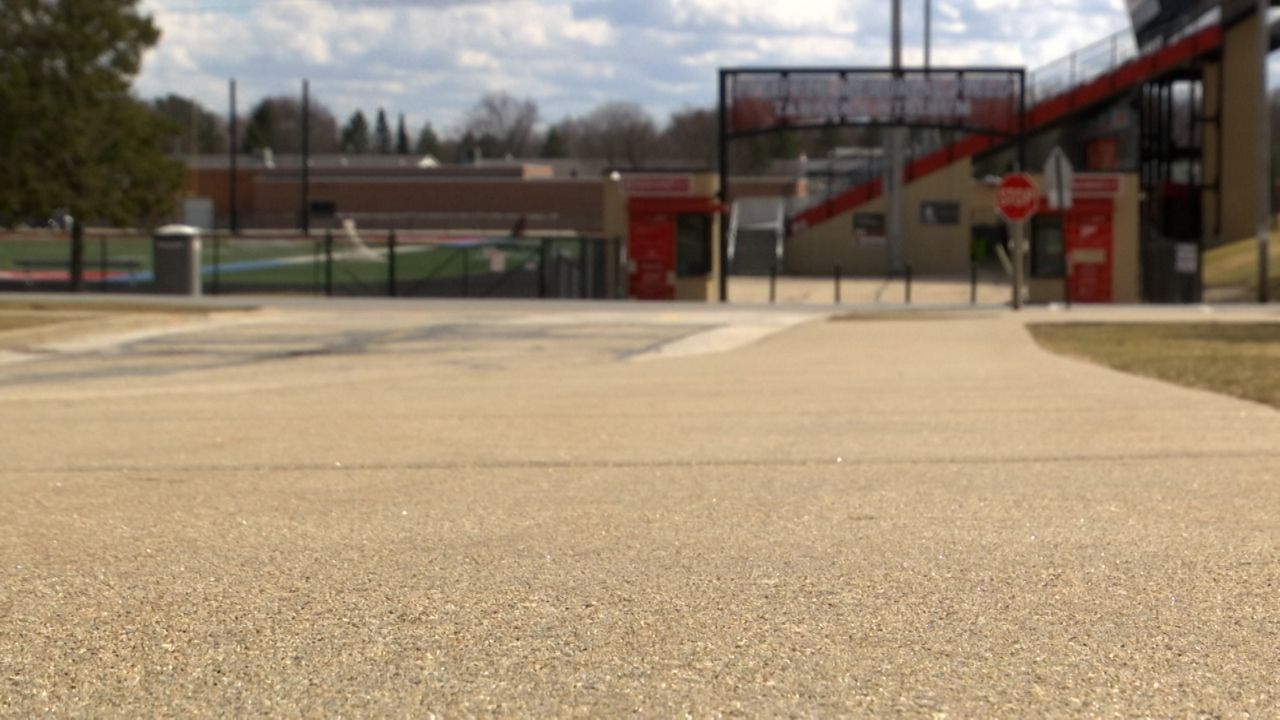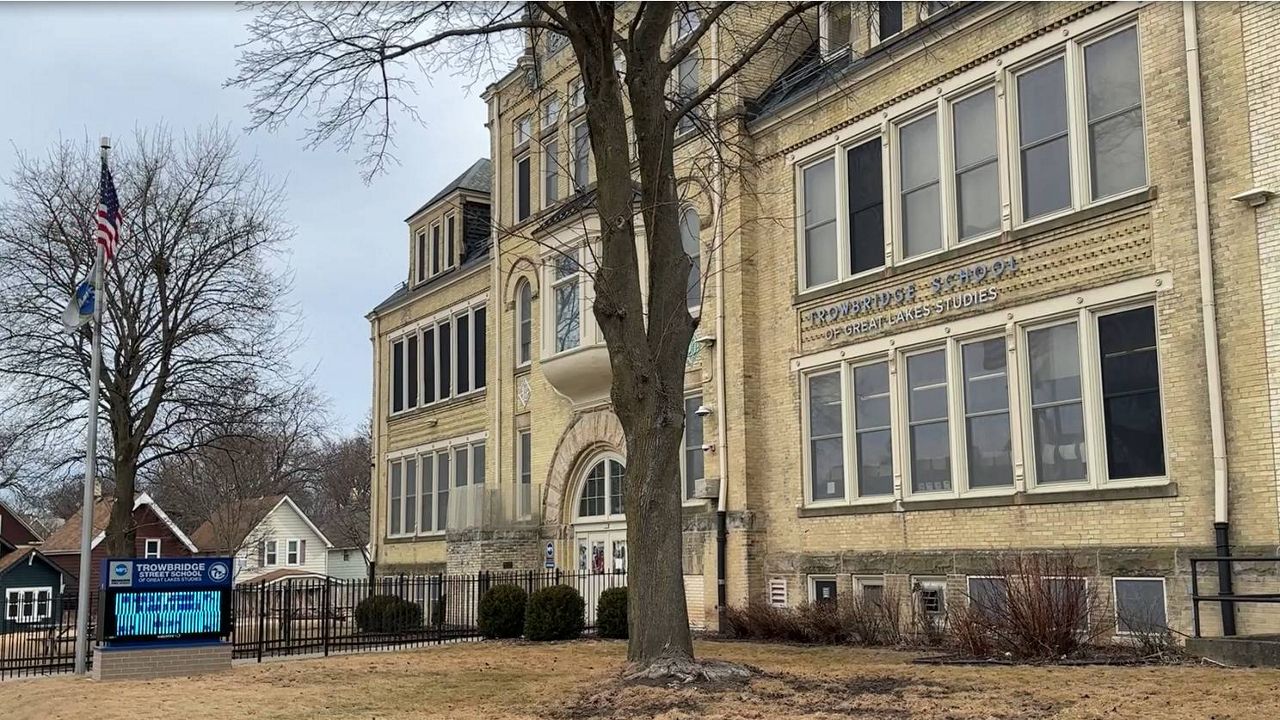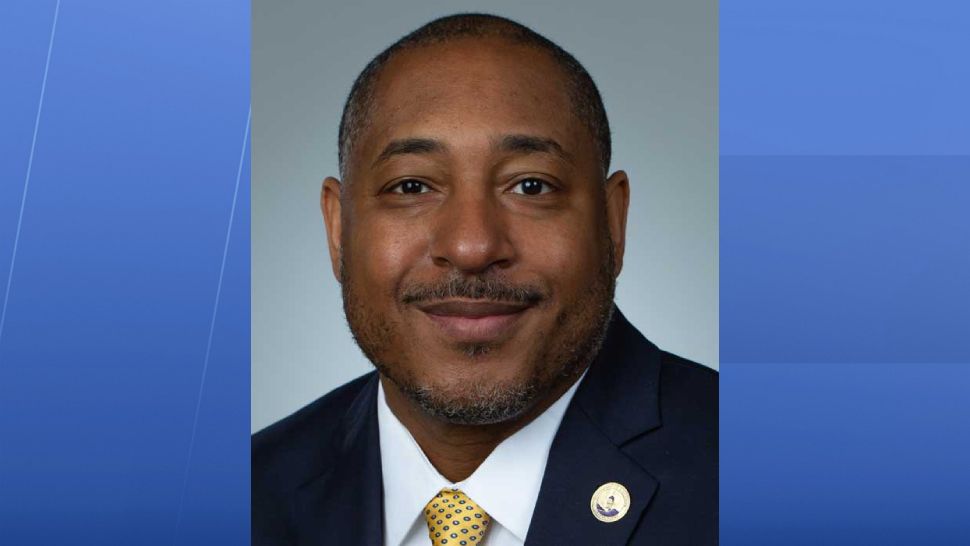MADISON, Wis. — On Friday, the University of Wisconsin-Madison announced the launch of its Sustainability Research Hub.
In early Feb. 2024, UW-Madison chancellor Jennifer Mnookin announced a new cross-campus initiative focused on environmental sustainability.
The research hub aligns with those goals, according to UW-Madison.
“As Wisconsin’s flagship institution and one of the top research universities in the world, we have a responsibility to serve as leaders in sustainability and demonstrate our commitment as environmental stewards,” Mnookin said. “With the launch of the Sustainability Research Hub, we are building on our strong foundation in sustainability research and education by leveraging the talents of our faculty, staff and students to do even more.”
The hub will be jointly administered by the Nelson Institute for Environmental Studies and the Office of Sustainability and will aim to bring research funding to campus by “connecting researchers across departments and targeting major federal research grants.”
“The breadth and depth of sustainability research on this campus — from engineering to agronomy, and from history and art to chemistry and geosciences — is remarkable,” said Paul Robbins, dean of the Nelson Institute. “But the challenges of coordinating all this talent, the effort required to produce the synergies needed to be competitive, and the expertise to turn all that talent into major, highly competitive, multi-million-dollar grants: those are things that the Hub can address.”
The hub will aim to create opportunities for undergraduate and graduate student research in sustainability. Additionally, there are opportunities for collaboration between faculty and staff.
“We believe the Hub will appeal to a wide range of researchers, from those accustomed to writing major grants to those who are emerging in their fields,” said Matt Ginder-Vogel, the associate director of sustainability research and innovation, noting that the hub can remove financial and administrative barriers, making it easier for people to work together.
Holly Gibbs, a geographer with the center for sustainability and the global environment, said she hopes this will “accelerate our capacity to get the funding needed to implement our ideas.”
Gibbs leads a team of more than 25 scientists, students and staff analysts who study tropical deforestation in the Brazilian Amazon and solutions for sustainable supply chains. Gibbs’ team’s research has helped the government and businesses make informed decisions.
“The Hub will power the types of transformative collaboration that are easy to dream about but hard to put into action,” Gibbs said. “It will allow us to leave the space where we have grown comfortable and provide the support to take more risks, join more campus-wide research teams, and dig deeper to find the solutions needed by our planet.”





